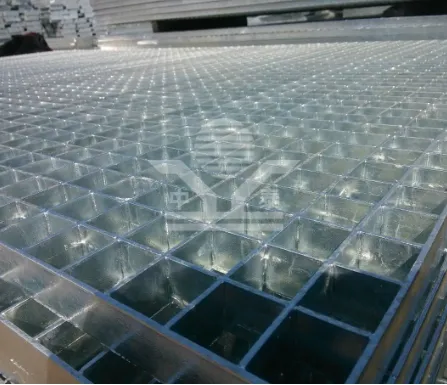Understanding the Estimated Cost of Chain Link Fencing
Chain link fencing is a popular choice for both residential and commercial properties due to its durability, affordability, and versatility. When considering installing a chain link fence, one of the primary factors that homeowners and business owners look at is the estimated cost. This article provides an overview of what influences the cost of chain link fencing, and some tips to help you estimate the potential expenses involved.
Factors Influencing the Cost of Chain Link Fencing
1. Material Costs The price of chain link fencing largely depends on the materials used. Standard galvanized steel chain link is the most common type and is generally the most affordable option. However, prices can vary based on the height of the fence, the gauge (thickness) of the wire, and whether the fencing is coated with vinyl, which adds to the cost but improves aesthetics and rust resistance.
2. Height and Gauge Chain link fences come in various heights, typically ranging from 3 to 12 feet. Taller fences require more material and therefore cost more. Similarly, the gauge of the wire affects the price; thicker wires (lower gauge numbers) are more durable and, consequently, more expensive. For example, a 6-foot tall fence made from 11 or 9-gauge wire will be pricier than one made from 12 or 14-gauge wire.
3. Installation Costs Hiring a professional installer can significantly impact your overall expenses. Labor costs vary by region, so the location of your property plays a crucial role in determining the final price. If you opt for professional installation, expect to pay between $5 to $15 per linear foot, depending on the complexities of your yard, such as uneven terrain or obstacles that require additional labor.
4. Size of the Area The total perimeter of the area you wish to fence will directly affect the cost. The more linear feet of fencing you need, the higher the total cost. Additionally, remember to account for gates, which are typically more expensive than a straight run of fencing and can vary greatly in price depending on their size and material.
5. Permits and Regulations Before installing a chain link fence, it may be necessary to obtain permits from local authorities, particularly if your fence will be taller than a certain height or if it is being installed near property lines. These permits can add to the overall cost if fees are involved.
chain link fence estimated cost

6. Additional Features If you wish to enhance your chain link fence with additional features, such as privacy slats, barbed wire on top for security, or decorative elements, be prepared to budget for these extras. Privacy slats, for example, can significantly increase the cost and change the fence's overall appearance.
Estimating Your Costs
To estimate the cost of your chain link fencing project
1. Measure Your Space Determine the total linear footage needed by measuring the perimeter where you plan to install the fence.
2. Choose Your Specifications Decide on the height, gauge, and whether you want a vinyl coat for better aesthetics.
3. Research Local Prices Check with local suppliers for material costs and engage with several contractors to get quotes on installation services.
4. Budget for Extras Factor in any additional features you may wish to add and the cost of permits, if necessary.
In conclusion, the estimated cost of installing a chain link fence can vary widely based on materials, size, height, installation complexity, and additional features. By taking the time to research and plan your project, you can ensure that you stay within your budget while achieving the security and aesthetic appeal you desire for your property.
-
The Strength and Versatility of Aluminum Expanded Metal Mesh
NewsJun.10,2025
-
Safety Guards and Machine Enclosures Using Expanded Mesh
NewsJun.10,2025
-
Performance with Round Hole Perforated Mesh in Wall Panels
NewsJun.10,2025
-
How Steel Grating Trench Covers Distribute Weight Efficiently
NewsJun.10,2025
-
How Deck Mesh Railing Enhances Backyard Aesthetics
NewsJun.10,2025
-
Comparing Bar Thickness and Spacing in Steel Grating
NewsJun.10,2025
Subscribe now!
Stay up to date with the latest on Fry Steeland industry news.

